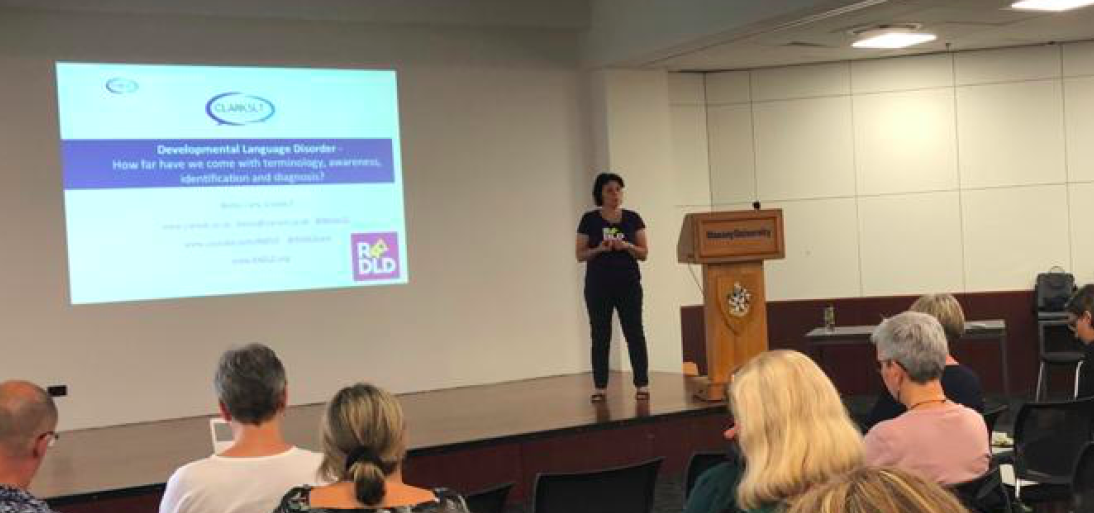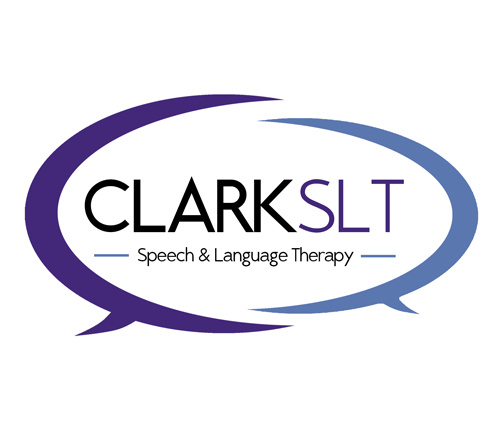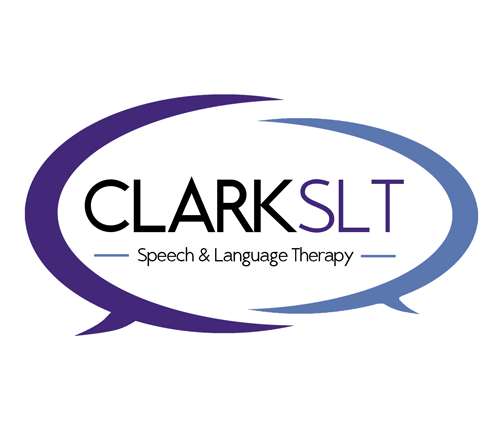Developmental Language Disorder (DLD): Conversations in New Zealand
DLD: How far have we come with terminology, awareness, identification and diagnosis?

In 2012, with Professors Bishop, Norbury, Conti-Ramsden and Snowling, and Natalie Orringe our PR advisor, I set up the RADLD campaign (previously called RALLI). Our mission was to raise awareness of a hidden condition involving learning language, understanding language and use of language. The difficulty was first recorded in the literature in 1822, but despite being a common condition and despite impacts on classroom learning, literacy and mental health, language difficulties somehow remained under the radar of the general public and indeed the majority of professionals.
Our
campaign was based around a series of short, accessible YouTube videos that prompted a step change in building awareness and led to a consensus project (CATALISE) led by Professor Bishop. The process brought academics and practitioners together to synthesis the research
evidence and clinical issues, and to agree diagnostic terminology. Finally, after almost
200 years of confusion, an agreed diagnostic term ‘Developmental Language Disorder' (DLD) and a set of recommended criteria were established.
It was no surprise that an agreed term would help us build awareness. Further mobilisation of Speech and Language
Therapists/ Pathologists around the globe followed, with the RADLD DLD Awareness Day gaining
momentum each year since our first in 2017.
To facilitate discussions and encourage professionals to apply the new diagnostic criteria, I’ve recently delivered a number of workshops and presentations. Audiences have included speech and language therapy teams, Educational Psychology doctorate students, independent therapists and SENCos in the UK, and in December 2019, during a trip to New Zealand, a session with SLT colleagues and academics in Auckland.
Alongside those who attended Auckland's Massey University in person, the power of the internet enabled us to reach more than 80 professionals or groups using video conferencing. Click here to download slides and for a video of the presentation and subsequent conversation.
A few notes before you watch:
1) VIDEOS: Open the RADLD YouTube page
www.YouTube.com/RADLD
before watching so you can pause the presentation and
watch RADLD videos as I refer to them in the presentation (Then skip through
the presentation video for those bits).
2) LINKS: All the links mentioned in the presentation are in the slides.
3) AUDIO: You will notice some audio issues at the start, but the sound does improve
shortly after the beginning.
It is not possible to hear some of the questions at the end of the presentation. The questions / discussions were around: terminology in the early years; use of diagnostic label versus a description; social disadvantage; criteria in relation to standardised tests and the need for functional measures; Dyslexia and /or DLD; progress / prognosis - and how this may differ depending on the areas of difficulty; limited reliance on standardised testing; dependence on teacher/ parent report and children's language difficulties not being identified
.
4) CUT-OFFS: Clarification point: The criteria used in SCALES involved the child scoring - 1.5 SD or below on 2 out of 5 the language composite scores used in SCALES.
We
are still at an early stage in applying the criteria and at each workshop
session, interesting and surprising issues come up for us to discuss, or to mull
over and note for clarification. Many SLTs/ SLPs find themselves in a new position in terms of giving a formal diagnosis. It important
to recognise the responsibility this involves and work together to develop our understanding of the complexities, whilst also recognising there will be still
be grey areas and uncertainties to tackle. It may always be a challenging
area, but I suspect this is the case with the details of any developmental
diagnosis. With continued collaboration between professionals, and with the
academics on hand to advise and carry out further research, I am very hopeful that progress will continue
on a steep upward trajectory.
Tēnā koutou (thank you) to the New Zealand speech and language community
for welcoming me, and to Professor Suzanne Purdy from the University of Auckland, Dr Elizabeth Doell from Massey University and Dr Jayne Newbury from the University of Canterbury for kindly hosting. Thank you to Sally
Kedge from Talking Trouble Aotearoa NZ for initiating and organising the event and tackling all the technology. I look forward to hearing how the
'NZ DLD conversation' continues!
Contacts and links:
- To get involved in the NZ discussions contact Sally on sallykedge@talkingtroublenz.org
or via the website www.talkingtroublenz.org
- If you have thoughts you’d like to share you can contact me on - becky@clarkslt.co.uk
- To support the global RADLD movement and get involved in the next DLD awareness day, please visit the RADLD website
- To link up on Twitter: @BeckyClark22 @RADLDcam #DevLangDis


